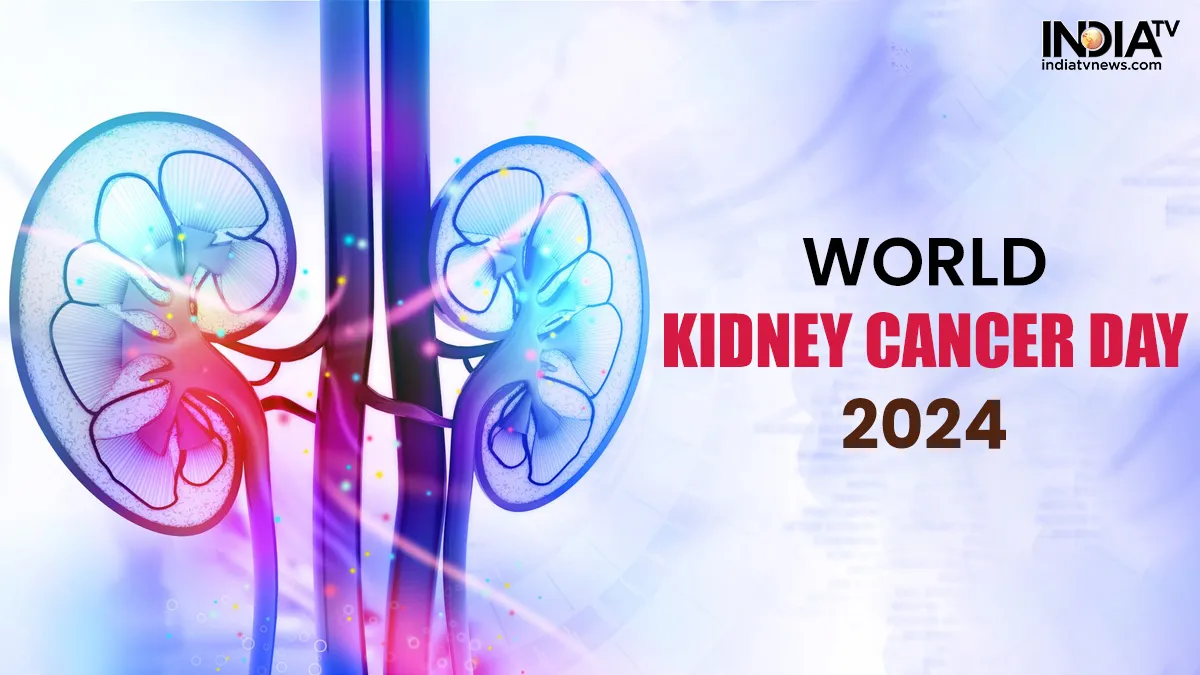World Kidney Cancer Day 2024 is a significant day dedicated to raising awareness and promoting early detection and treatment of kidney cancer. On this day, individuals, organisations, and healthcare professionals across the globe come together to educate the public about the risk factors, symptoms, and treatment options for kidney cancer.
What is kidney cancer?
Cancer of the kidney is a serious condition and understanding the risk factors can help you avoid developing it. According to Dr Sashi Kiran A, Consultant Nephrologist, Yashoda Hospitals, Hyderabad, renal cell carcinomas (RCC), which originate in the cortex, are the most common variety (85%), the other common one being transitional cell carcinomas (8%).
Globally these tumours are more common in North America. The yearly incidence of these tumours in India is about 17,000 and their 5-year prevalence is 2.84/100,000 population.
Here are the seven common risk factors associated with kidney cancer:
- Smoking: Smokers have the greatest risk of developing RCCs. The risk is proportional to the intensity and duration of smoking.
- Hypertension: While the underlying biological mechanisms linking high blood pressure to RCC are largely unknown, there is enough evidence to suggest that hypertension predisposes to RCC.
- Obesity: excessive body weight is associated with RCC. For patients who are overweight and have newly diagnosed RCC, the disease tends to be mild.
- Occupational exposure: Exposure to cadmium, asbestos and petroleum products increases the risk of developing RCC.
- Analgesics: Prolonged ingestion of combination analgesics containing phenacetin and aspirin can lead to chronic kidney disease which in turn increases the risk of developing renal pelvic and urothelial tumours.
- Chronic hepatitis C infection: Hepatitis C virus transmission is by blood or sexual activity. Hence people with high-risk behaviour are more prone to develop RCC.
- Diabetes mellitus: There is a modest increase in the risk of developing RCC in patients with diabetes though this association is not robust.
It must be emphasised that having a risk factor doesn’t guarantee kidney cancer but the awareness can help people make healthy lifestyle choices.

